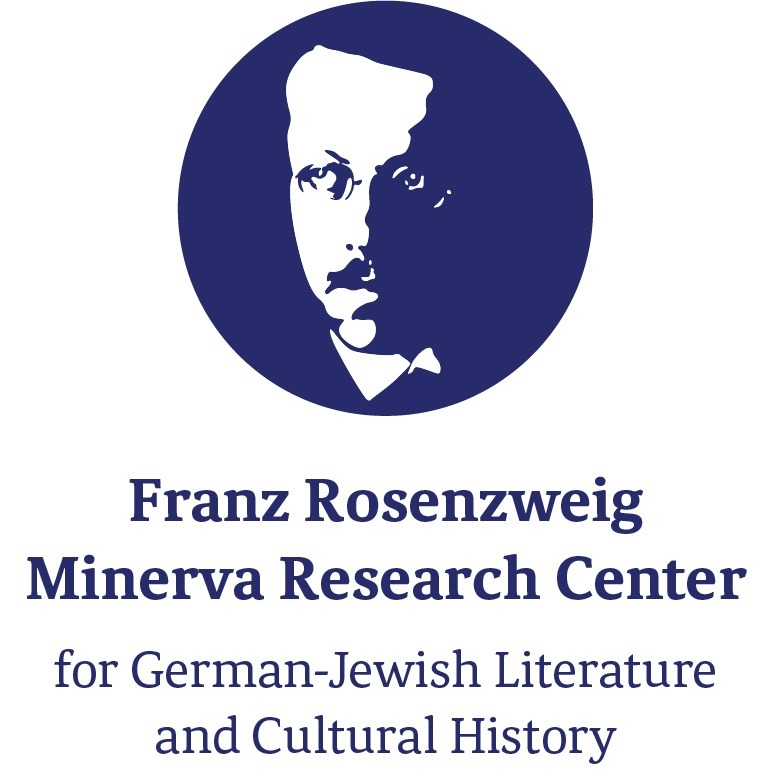
Stefan Leicht is a visiting fellow at the Franz Rosenzweig Minerva Research Center for the 2021–2022 academic year funded by a PhD Sandwich Fellowship. He is a doctoral student in philosophy at the LMU Munich and holds an MA in philosophy from the LMU Munich (2016). At the University of Tübingen he was part of the research group “Religious Knowledge in early modern Europe” (2017-2020). His studies focus on Political Philosophy and the History of Philosophy, especially Plato, Grotius, Spinoza, Locke, Hegel, Karl Löwith and Leo Strauss. Besides his own PhD project, he edits with Mike Rottmann the doctoral thesis of Karl Löwith on Nietzsche.
PhD project:
Hugo Grotius on reason and revelation in politics and his philosophical legacy
This project explores Grotius’ attitude towards rational politics and theocracy from a philosophical point of view. Recent interpretations have been fixated on either proving that Grotius was a Scholastic or demonstrating that he was really a modern thinker. However, in my view both of these directions miss out on the general picture. That is not to say that my project ignores the theological influence on Grotius, nor does it disregard his impact on the rise of modern thought. Instead, the novelty lies in the focus on Grotius' rhetoric and his art of methodical writing with a view toward discovering his real intention.
The following questions are pursued within my project: Does Grotius consistently claim religion as a basis for society? What exactly is the content of the Grotian religion? How do reason and revelation relate to each other? Is Grotius an advocate of any form of theocracy? On which rationalistic potentials within his work do later thinkers like his readers Locke and Spinoza draw? To answer all of these questions adequately, Grotius’ main writings are examined chronologically, especially his theological writings. Consequently, it is shown how due to political pressure Grotius developed or even changed or adapted his position on crucial topics.

